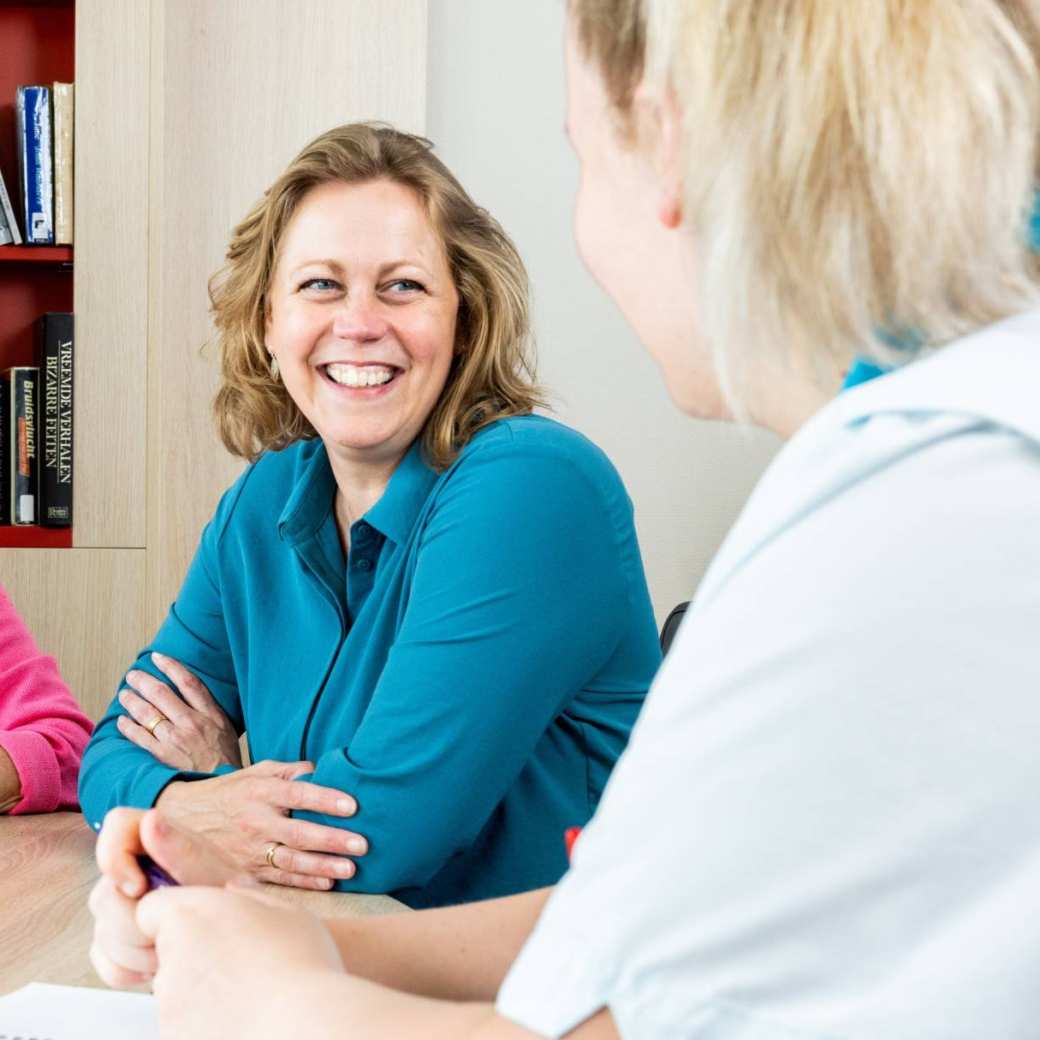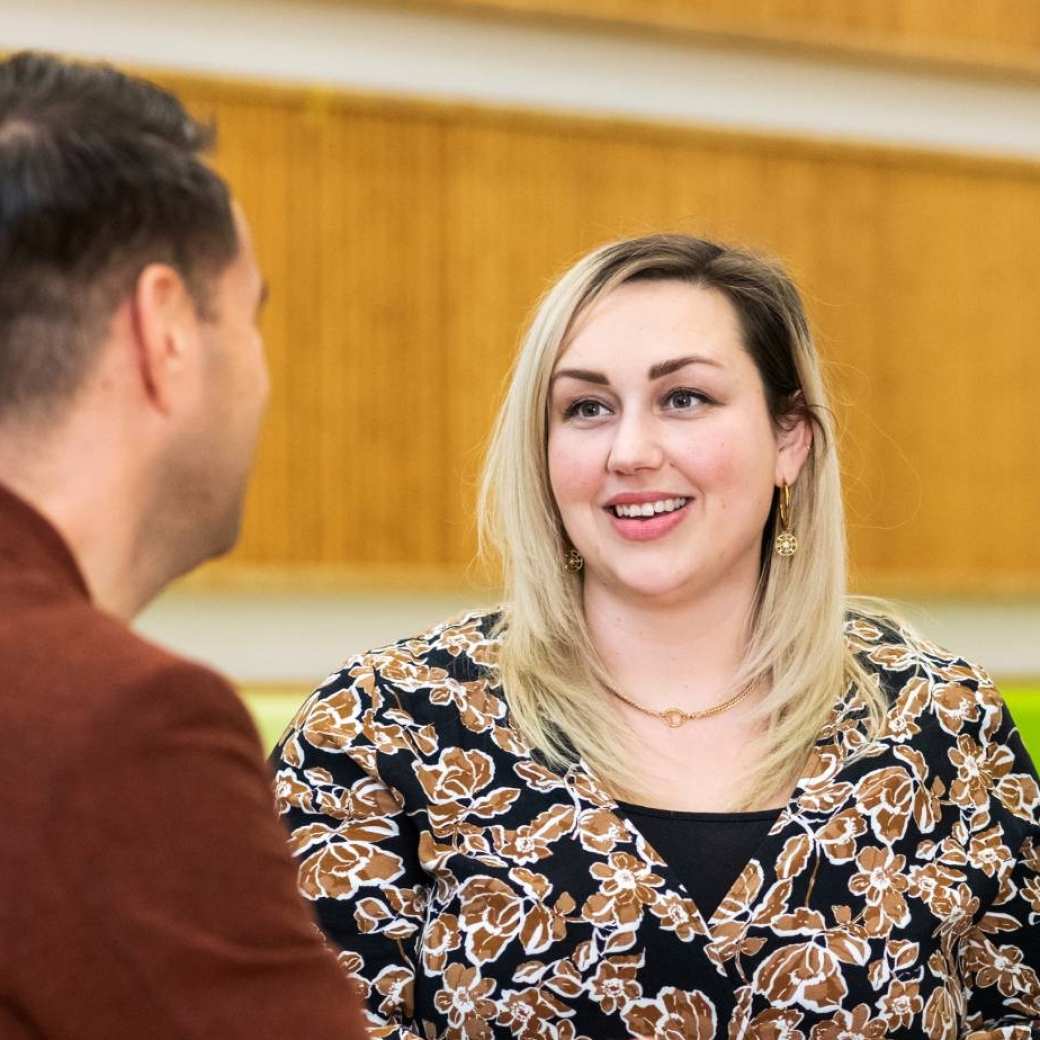Capability Cards
How to start a conversation which is meaningful? Which invite the conversation partner to articulate values and wishes? The Capability Cards enable this kind of conversation!

• Opportunities (capabilities) that the person finds valuable (in life) and the person has wishes in;
• The relationship between the person’s desires and capabilities;
• Circumstances that influence the person’s desires and capabilities.
This insight is valuable in itself, but can also help to make choices about the development points, questions or support needs of the conversation partner. It provides direction on how to follow up.

The Capability Approach
The capability approach is based on the ideas of Amartya Sen and Martha Nussbaum and constitutes a broad welfare approach with human freedom and diversity as its starting points. Central to this approach are the realistic capabilities of individuals to live their daily lives the way they find valuable and aspire to. The core idea is that on the one hand each person forms a vision of how to live and what to pursue for herself, based on her own life goals, valuable activities, capacities, and aspirations. On the other hand, the environment for each person provides opportunities, resources, and circumstances, some of which may, and others may not be relevant to her personal vision. The degree of the person's well-being is then determined by the realistic freedoms the person experiences to shape that envisaged valued life. We call these valuable and realistic freedoms: capabilities.
Barriers and opportunities
In practice, we see quite a few differences in the extent to which people have valuable and realistic capabilities. For example, if you have a disability you may be excluded from many capabilities that are valuable to you, or if you have a special talent that may create valuable opportunities that someone else does not have. In order to see if and what social support or intervention is needed, we need to gain insight into whether these differences between persons are unjust and what barriers or, on the contrary, special opportunities a person faces in their own unique context.
When to use the Capability Cards?
The Capability Cards are a tool for having a meaningful conversation aimed at exploring the conversation partner’s desires and capabilities as broadly as possible. The conversation cards can be used in the following types of conversations:
• Personal development conversations. E.g. guidance conversations with volunteers, study counseling conversations, coaching conversations;
• Conversations in the context of social activation. E.g. pathways such as social prescribing, community development, parenting support, activity supervision;
• General explorations of the living environment. E.g. neighbourhood conversations, research around a specific theme, community development. These can be individual or group discussions.
• Collecting stories. E.g. life stories, qualitative or narrative research.
The Capability Cards have a modular structure where you can select and deploy cards according to your goal.
Important
(1) Capability Cards are an instrument that in principle is meant to be used by professionals;
(2) we recommend to first try out the Capability Cards yourself;
(3) it is possible that other topics emerge in a conversation than expected beforehand and good aftercare is therefore important (think about this in advance).

Background of Capability Cards
The Capability Cards have been developed in co-creation between welfare organization
Bindkracht10 (Fenna Hendriks en Hennie Joosten) and HAN University of Applied Sciences, research group Strengthening Social Quality (Annica Brummel en Erik Jansen). We started in 2014 asking different students form HAN University of Applied Sciences, to use the Capability Approach in their thesis. Over the years students developed a variation of topic lists based on Martha Nussbaum’s list of central capabilities. Based on these experiences we further tested the Capability Cards between 2021 and 2023 in practice, research and higher education. We worked together with social designer Sanne Verheij from Maakbaar Ontwerp.
Contact us
More information? Get in contact with Annica.Brummel@han.nl